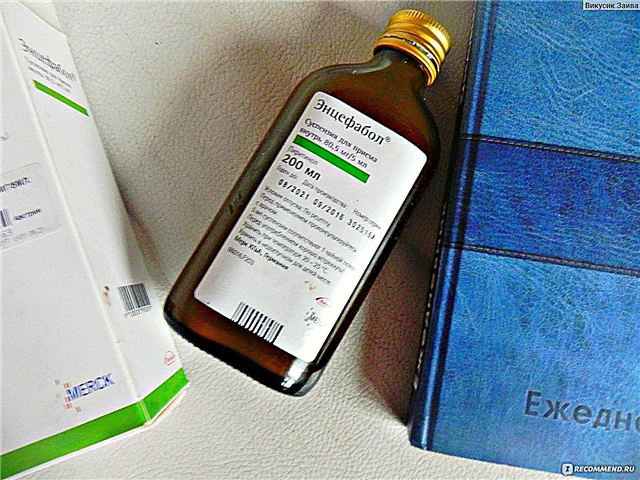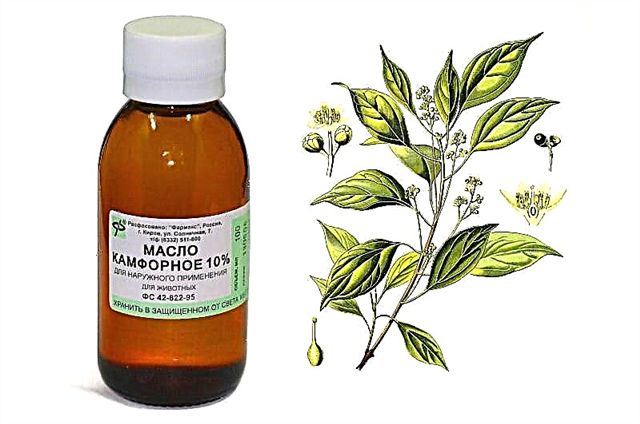Breast milk provides everything a baby needs for full development, but stopping breastfeeding is inevitable. In some cases, this process occurs naturally, neither mother's nor children's psyche is injured. Often, GW is terminated at the initiative of the mother.

Baby suckles
Recommendations of domestic doctors
Until what time to feed the baby with breast milk, only the mother herself should decide. The opinion of domestic pediatricians is that up to six months the baby should eat only breast milk. Breast milk is 80% water, it fully provides the baby's body with fluid and nutrients. With the beginning of the introduction of complementary foods from 6-7 months and after one year, the baby still needs breastfeeding.
Is GV necessary after a year
How much breast milk should I feed my baby after a year? When a baby is twelve months old, breast milk will no longer be the main food for the baby. But this does not mean that it will become less useful. The baby will continue to receive from mother's milk all vitamins important for growth and development, macro- and microelements, immunoglobulins. It is very important that during this period a close relationship between mother and baby will be maintained.
Council. Mothers need to take into account that GV should not interfere with the organization of rational nutrition for the child, which provides for the introduction of basic foods into the diet. Also, the child must form a certain ritual of eating, he needs to learn in a timely manner to eat from a spoon and chew.

One-year-old baby at the chest
Breastfeeding after 2 years
After two years, the mother can feed the baby before bedtime, at night, in the morning after waking up, or just to calm down. The baby can already get proteins, fats and carbohydrates from regular food. With breast milk, the child continues to receive vitamins, micro- and macronutrients, antibodies, enzymes and growth hormones.

2 year old baby sucks mom's breast
Breastfeeding after 3 years
When breastfeeding after three years, the risk of diabetes and obesity in a child is reduced. Mom's milk is such a unique product that it becomes a saving food for the baby during illness. Mothers need to take into account that they should not put their baby to the breast just because he is bored, annoyed, offended or in pain. Breastfeeding after three shouldn't be an obstacle to growing up.
The benefits of HB for the child
The benefits of breast milk after 1.5-2 years remain exactly the same as they were at 6 or 12 months:
- Thanks to breastfeeding, the child has a harmonious physical and psychological development;
- The immunoglobulins contained in milk protect the baby's mouth from pathogenic microflora, which is very important, since he constantly pulls everything into his mouth;
- Breastfed babies have a sufficient amount of potassium, calcium and iron in their bodies, they practically do not have anemia;
- Thanks to mother's milk, the child rarely gets colds and bowel diseases. Milk contains lysozyme, lactoferin and other substances that help to strengthen the immune system.
- Even after a year, human milk contains vitamins and minerals that are so important for the proper formation of all organs and systems;
- The sucking process has a positive effect on the correct development of the bite and the entire jaw apparatus.

Breastfeeding a baby
When the baby is ready to drop the breast
If a child is ready to refuse breastfeeding, then this can be seen by the following signs:
- The baby sleeps soundly all night and does not wake up to suck;
- Almost all milk teeth have erupted in the child;
- During the day, the baby eats regular food three times and is applied to the breast three to four times in between meals;
- When a baby begs for a breast, it can be easily distracted by play or other activity;
- The child can safely fall asleep without applying to the breast;
- The baby understands when mom says that she needs to wait;
- The baby can easily cope with stress and calm down, the requirement of the mother's breast disappears;
- The baby has a wide range of interests and many different activities;
- The child can go all day without a mother and loves to communicate with other adults.
Signs by which one can judge the child's readiness for self-excommunication:
- The child already realizes that mother's breast is not the only source of nutrition, and begins to show interest in other foods;
- The baby ceases to perceive the breastfeeding process as the best way to calm down;
- The need to suck in the evening before going to bed or in the morning after waking up disappears;
- The child does not wake up at night.

Baby with mom next to
Baby's psychological readiness
All mothers should understand that for a baby over the age of one year, breastfeeding is not only about getting food, it is also a way to feel close to mother and communicate with her.
To see if your baby is ready for weaning, you can try not breastfeeding for one day. If the baby reacts to this calmly, does not get nervous and ask for a breast, then this will mean that he is already psychologically ready to say goodbye to her.
Important! The most important thing during this period is to provide the child with a sufficient amount of complementary foods, and if he asks for breast, then offer him a mixture or something else for a snack. Mom should pay as much attention to the baby as possible and maintain constant physical contact with him.
How the baby's mom is going through weaning
It is not easy for every mother to start weaning her baby. For this, it is better to choose a period when either psychological readiness to stop lactation appears, or a crisis occurs, and the mother will understand that she is already very tired.
It is very difficult to stop breastfeeding, because this process has a calming effect on the entire mother's body, fully satisfies the maternal instinct, and gives a lot of tender emotions in relation to the baby at the breast. Naturally, if a breastfeeding woman has received all these bonuses for a long time, it will be difficult for her to refuse them.
In order to decide on the termination of hepatitis B, the mother should have certain inconveniences arising from feedings: painful sensations in the chest, the need to adhere to a diet, restless sleep of the baby, mutual dependence, a feeling of lack of freedom and constant expression.
Optimal age to complete lactation
Most breastfeeding experts believe that stopping hepatitis B is best when the baby is 2-2.5 years old. Natural feeding will support the child's immunity and provide resistance to disease for up to 2.5-3 years. Pediatricians say that the boy should be on hepatitis B up to 1.5 years maximum.

The baby drinks a mixture from a bottle
How self-excommunication goes
In a child who is ready for self-excommunication, the number of attachments to the breast becomes less and less. During the day, he asks for breasts no more than 1-3 times and, as a rule, before bedtime. For example, the first feed occurs before bedtime, the second feed immediately after waking up in the morning. It is very easy to distract the baby from feeding in the morning. During the day, he can develop his own ritual - he will fall asleep with his dad or grandmother without any problems.
The baby practically does not need comfort in the chest when solving any of its problems. If during the day the baby begs for breast, and the mother offers him to wait a little and distract him with some activity, he may not remember for a long time about his desire to suck. The child eats up complementary foods and no longer wants to wash it down with his mother's milk.
When it is not recommended to discontinue hepatitis B
Many pediatricians advise against stopping breastfeeding in these situations:
- When a child is teething;
- During a period of intense summer heat, as the baby can very easily pick up an intestinal infection;
- During an epidemic of colds and viral diseases. The child's immune system is invulnerable only thanks to mother's milk;
- Stress: the baby went to kindergarten, a change of environment or place of residence, as well as the mother's going to work. Weaning will only increase the stress on the child's fragile psyche;
- During the period of the baby's illness. It is not worth starting weaning for at least a month after recovery.
Long-term breastfeeding brings tremendous benefits to the health of the mother, it also has a beneficial effect on the physical and mental development of the baby. Up to what period to continue GV, each mother must decide independently, relying not only on the needs of the baby, but also on her own capabilities.



